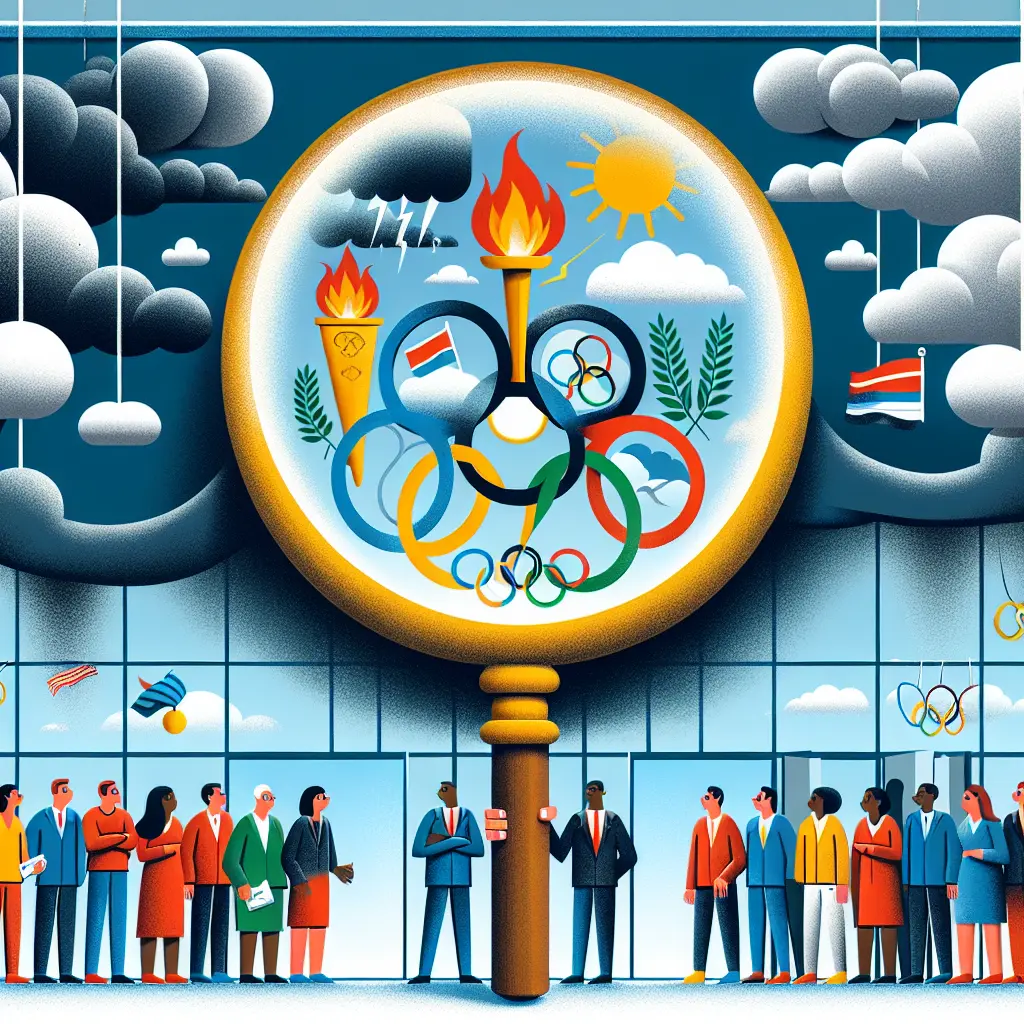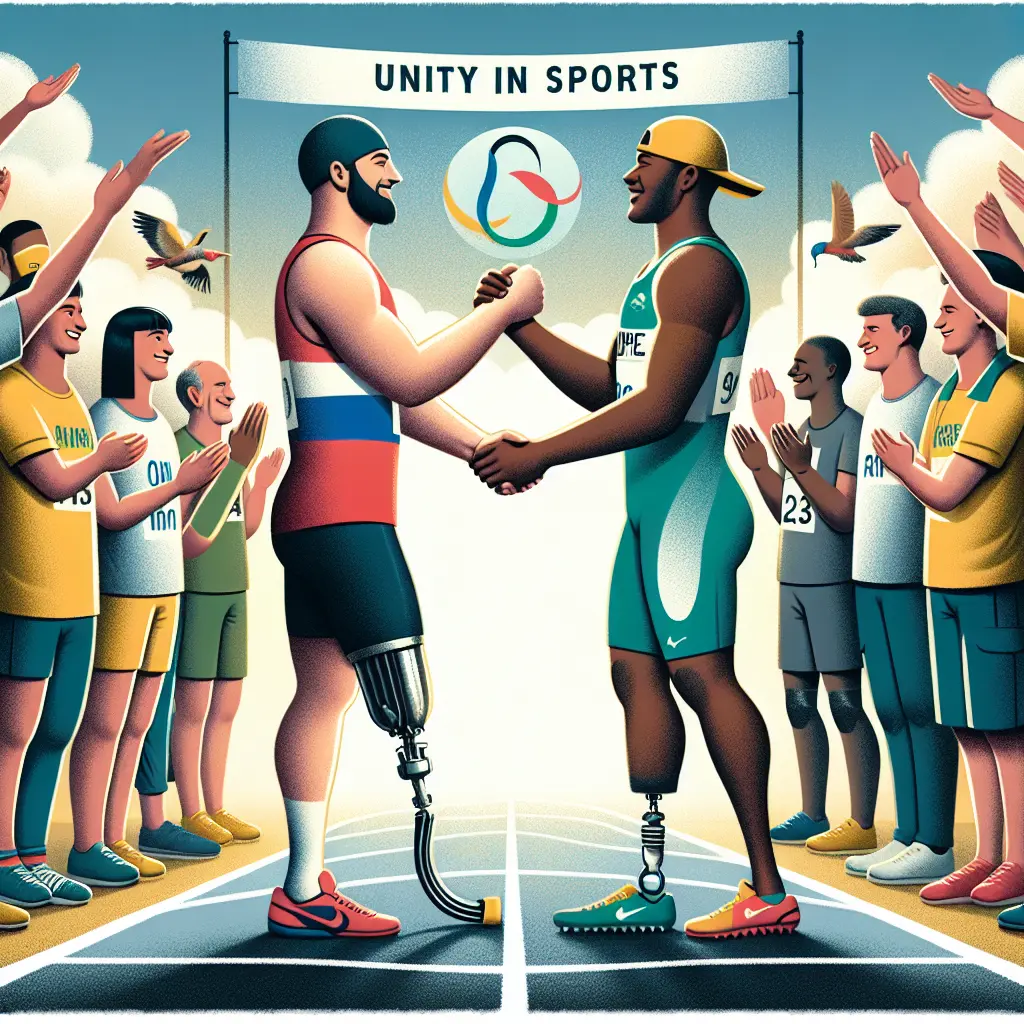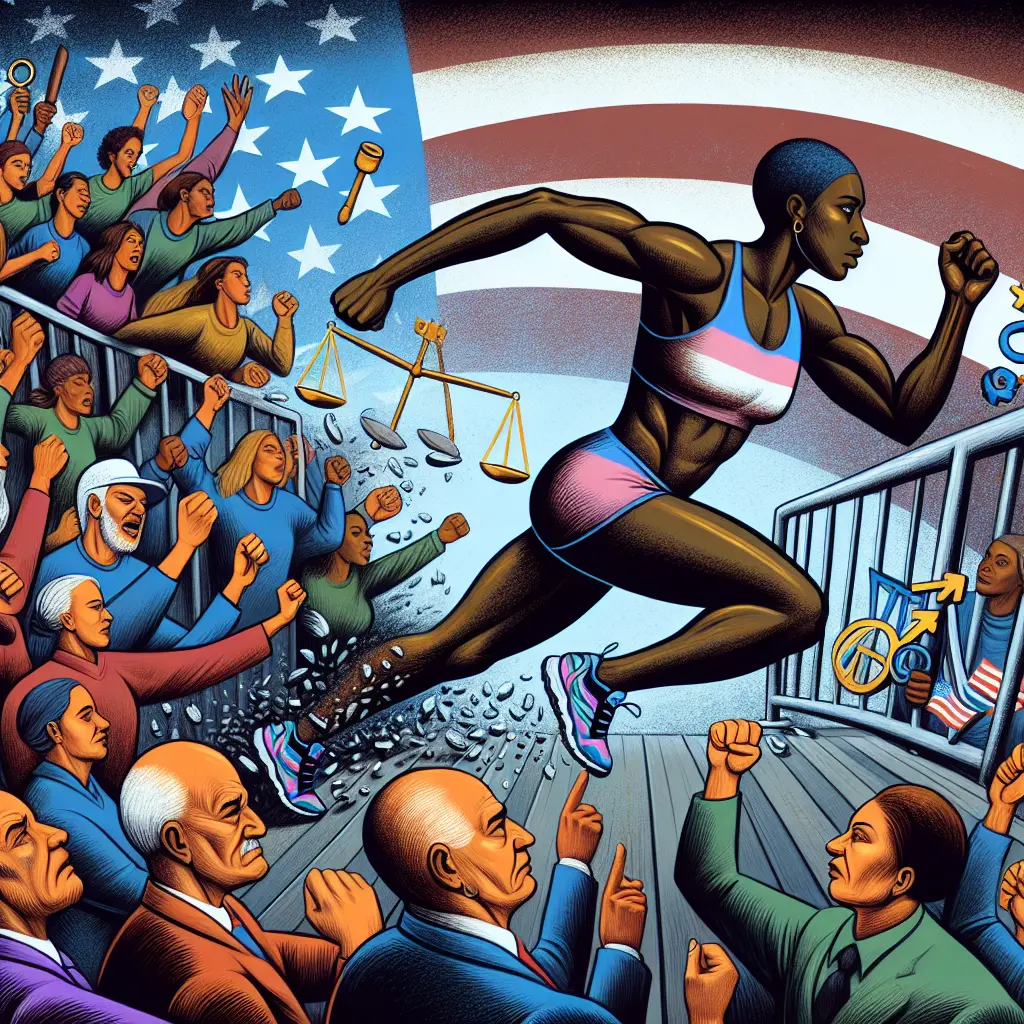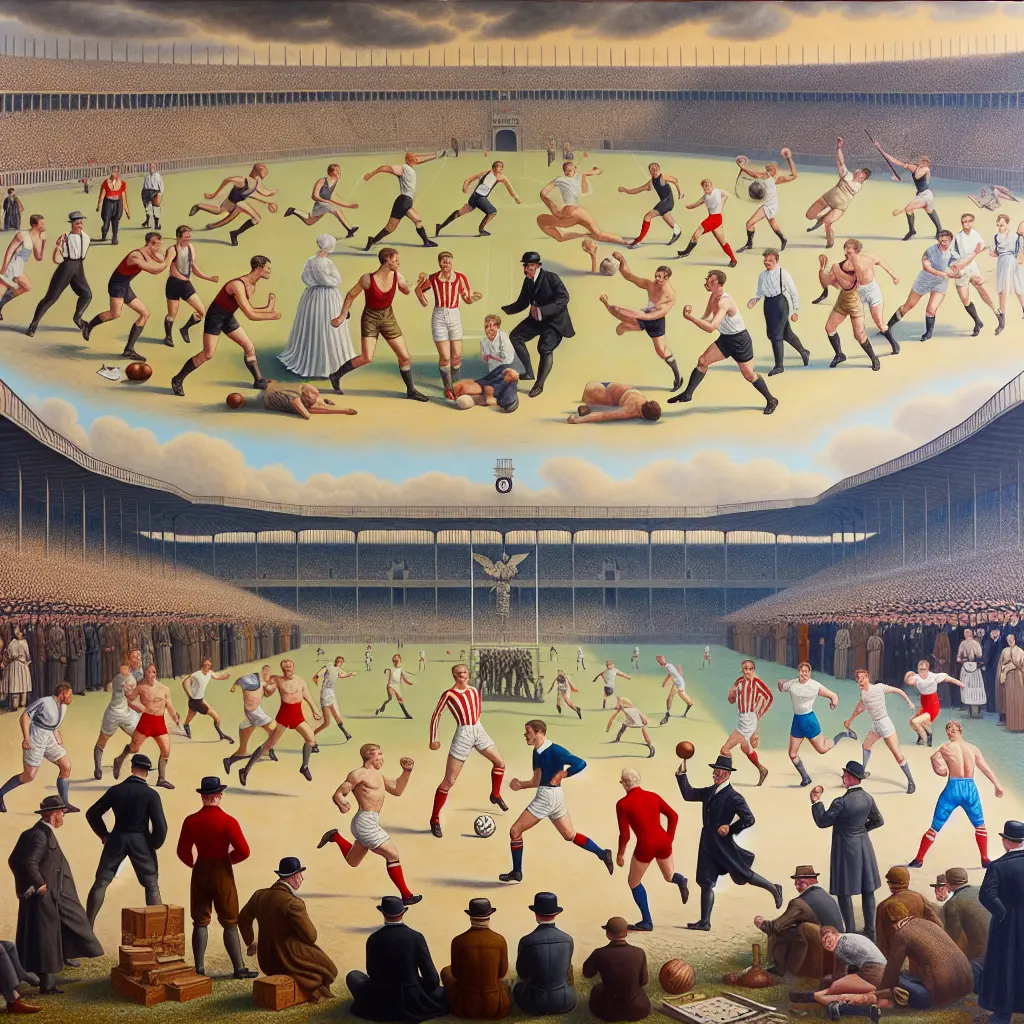The Olympic Games, a global spectacle celebrated for its spirit of competition and unity, is not without its darker moments. The history of the Games is peppered with Olympic scandals, controversies, and issues that have sometimes overshadowed the athletic achievements themselves. From Olympic doping scandals to political boycotts, these events have not only challenged the integrity of the Games but have also sparked widespread debate about ethics in the Olympics.
One of the most persistent issues plaguing the Olympics is doping. Olympic athletes banned for using performance-enhancing drugs have been a recurring headline. The 1988 Seoul Olympics saw one of the most famous doping cases when Canadian sprinter Ben Johnson was stripped of his gold medal in the 100 meters. More recently, the extensive state-sponsored doping program in Russia led to the country being banned from competing under its flag in multiple Games, including Tokyo 2020. For further details on Olympic doping scandals, this comprehensive overview by the World Anti-Doping Agency provides deeper insights.
Corruption has also tainted the reputation of the Olympics. Notable among Olympic bribery cases is the scandal involving Salt Lake City's bid for the 2002 Winter Olympics, where several IOC members were expelled for accepting bribes in exchange for votes. This incident led to significant reforms in how host cities are chosen. The Transparency International website offers more information on corruption in sports.
Olympic judging controversies often result in heated debates about fairness and transparency. A memorable instance occurred during the 2002 Winter Olympics in figure skating, where allegations of vote trading among judges led to a dual gold medal award. Similarly, Olympic cheating incidents, such as the disqualified badminton players at London 2012 for deliberately losing matches, raise questions about sportsmanship and integrity.
The Olympics have not been immune to geopolitical tensions either. Olympic political boycotts, like the USA-led boycott of the 1980 Moscow Games and the subsequent Soviet boycott in 1984, highlight how global politics can impact the Games. These boycotts reflect broader Olympic governance problems, which include managing international relations and ensuring that the spirit of the Games remains apolitical.
Historical Olympic Scandals
Looking back, historical Olympic scandals such as the Nazi propaganda during the 1936 Berlin Games remind us of how the Olympics can be manipulated by host nations for political gain. The detailed account by The Holocaust Encyclopedia offers insight into this dark chapter of Olympic history.
The impact of these scandals on the Olympics is profound. Each controversy not only challenges the credibility and ethical standing of the Games but also sparks necessary reforms in how they are governed and conducted. The continuous evolution of policies regarding athlete participation, drug testing, and host city selection are direct responses to these challenges.
As we look towards the future, particularly with the upcoming 2024 Paris Olympics, new challenges such as health concerns over potential dengue fever outbreaks pose additional complexity. Information on this can be found on health advisory platforms like CDC’s Travel Notices. Moreover, with innovations in broadcasting, as Xfinity introduces Dolby Vision and Dolby Atmos for an enhanced viewing experience (details available on Xfinity’s official site), the way we watch and perceive the Olympics is changing.
The Paris 2024 Olympics promises to be a groundbreaking event with a unique opening ceremony (details on Paris 2024 News), setting a precedent for future Games. The BBC’s inclusion of Sirieix in their presenter lineup (as reported by BBC Sport) reflects an evolving approach to sports broadcasting that emphasizes diverse and dynamic presentation styles.
Conclusion
The Olympic Games continue to be a complex amalgamation of spectacular athletic competition and intricate socio-political dynamics. While Olympic scandals and controversies have undeniably marred its history, they have also led to significant reforms and discussions about maintaining ethics and integrity in sports. As we move forward, it remains crucial that these discussions continue evolving and adapting to ensure that the true spirit of the Olympics endures amid these challenges.
Thank you for joining me on this exploration of some of the darker aspects of our beloved Games. As we look forward to more thrilling athletic feats, let’s also commit to upholding the values that make sports a force for good in our world.










Leave a Comment